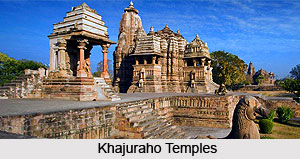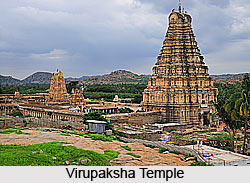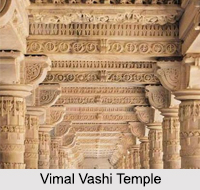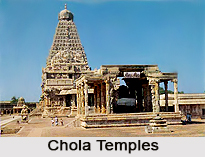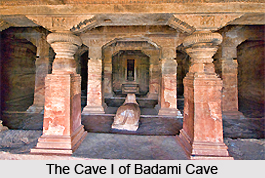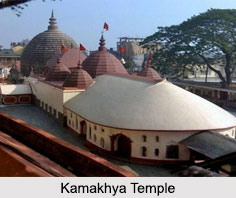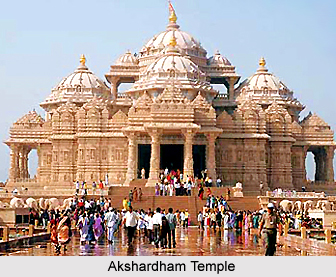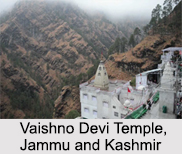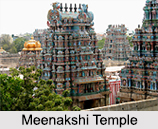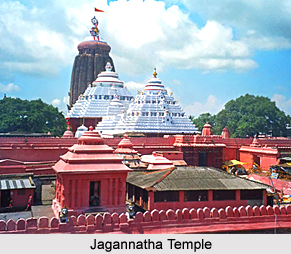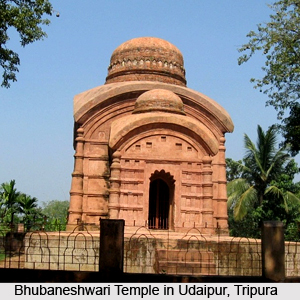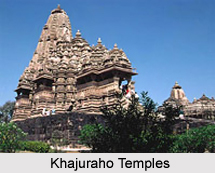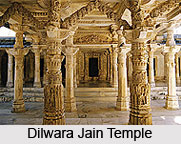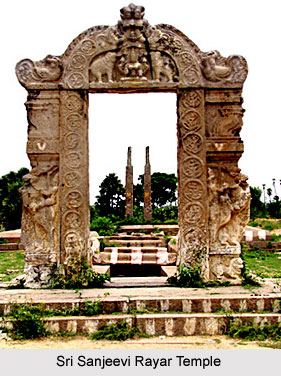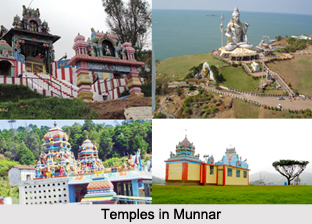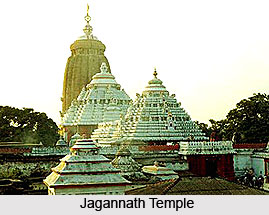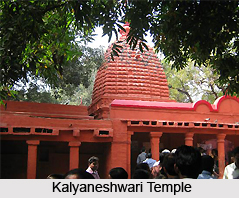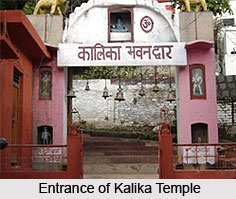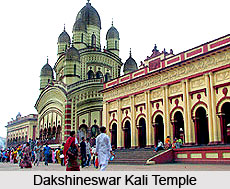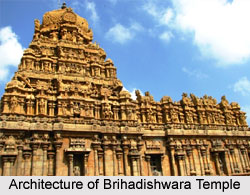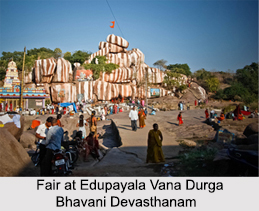 Edupayala Durgamma Devasthanam is a sacred place of religious fervour, where one can find the seven rivulets meeting at the same point. It is the place where the famous Edupayala Vana Durga Bhavani temple is located. It is located in the state of Telengana. This state was formed as the new state after separated from Andhra Pradesh. The famous Hindu temple of Sri Edupayala Vana Durga Bhavani is located in Nagasanpalli of Medak District in Telangana. (This district is located now in Telangana). It is about 140 kilometres from Nizamabad and 112 kilometres from Hyderabad (the capital of Telangana) and just 18 kilometres from Medak District of Telangana.
Edupayala Durgamma Devasthanam is a sacred place of religious fervour, where one can find the seven rivulets meeting at the same point. It is the place where the famous Edupayala Vana Durga Bhavani temple is located. It is located in the state of Telengana. This state was formed as the new state after separated from Andhra Pradesh. The famous Hindu temple of Sri Edupayala Vana Durga Bhavani is located in Nagasanpalli of Medak District in Telangana. (This district is located now in Telangana). It is about 140 kilometres from Nizamabad and 112 kilometres from Hyderabad (the capital of Telangana) and just 18 kilometres from Medak District of Telangana.
Surrounding Geography of Edupayala Durgamma Devasthanam
Edupayala Durgamma Devasthanam is covered with the lush green vegetation. The surrounding of the temple is full of forests and beautiful green fields. The temple location is also called Garuda Ganga.
Manjeera River near Edupayala Durgamma Devasthanam
Built in 12th century, Edupayalu temple is one of the most famous temples in Telangana. The Manjeera River is flowing at just a small distance from the Edupayala Durgamma Devasthanam. River Manjeera flows as the seven streams or rivulets and they converge at this place. Dedicated to Goddess Durga, the seven rivulets of Manjeera river were named from seven ancient sages called Jamadagni, Atri, Kashyapa, Viswamitra, Vasistha, Bharadwaja and Gowtama. The idol of Goddess Durga is situated in the middle of the seven streams.
Mythological significance of Edupayala Vana Durga Bhavani Devasthanam
Edupayala Durgamma Devasthanam has mythological reference in Indian ancient history. In the greatest epic, Mahabharata, there is a story that King Parikshit, who was the son of Abhimanyu and grandson of Arjuna in Mahabharata, came for hunting animals to this forest area. After some time he felt thirsty and went to a sage, who was in deep meditation. There he requested for water to get rid of his thirst. The sage could not listen to his request because he was in deep meditation. Thus, the King felt insulted. He put a dead snake across the sage`s neck and went home. Noticing this, the sage cursed the King for dying with a snake bite. As a result, Parikshit actually did die of a snake bite. After knowing this, and to take revenge, the King Janamejaya, the son of king Parikshit performed Sarpa yajna at this place, where the temple (Edupayala Durgamma Devasthanam) is located, to eliminate the entire snake community. The goddess Ganga came to the earth from heaven to put out the "yajna" flames and to save the snake community. In this process, the Goddess Ganga touched the feet of Goddess Vana Durga.
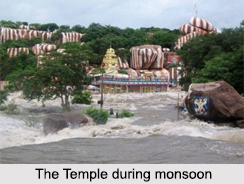 When Garuda, the eagle, was transporting the snakes used in the Yajna, it is said that their blood was spilt in seven different places. The places where blood spilled became streams. All the seven streams/ rivulets meet here at Edupayala to form the River Manjeera, hence the name Edupayala (which means seven streams in Telugu).
When Garuda, the eagle, was transporting the snakes used in the Yajna, it is said that their blood was spilt in seven different places. The places where blood spilled became streams. All the seven streams/ rivulets meet here at Edupayala to form the River Manjeera, hence the name Edupayala (which means seven streams in Telugu).
Festivals at Edupayala Vana Durga Bhavani Devasthanam
The Edupayala Durga Bhavani temple is a highly famous shrine of the divine Durga Bhavani in the Telangana. Edupayalu is in itself an unusual place with many natural stone formations. On the day of Shivratri and Maagh Amavasya, the local people celebrate a Jatara. The festival begins on the day of Shivratri and is followed by the Bandi Utsavam. The festival finally concludes with Rathothsavam, which is also a grand ceremony. The Jatara attracts large number of devotees.
Edupayala Durgamma Devasthanam has easy convenience throughout the state of Telangana and Andhra Pradesh. To reach Edupayala Durgamma Devasthanam, it takes less than two hours from Hyderabad. This place is extremely attractive to the tourists not only for the pilgrimage and religious significance, but also for the green vegetation and lush forests which are the cynosures for nature lovers. This place is mostly visited during the start of rainy season. However, the temple becomes inaccessible during the peak of monsoon season as the approach submerges under water.
